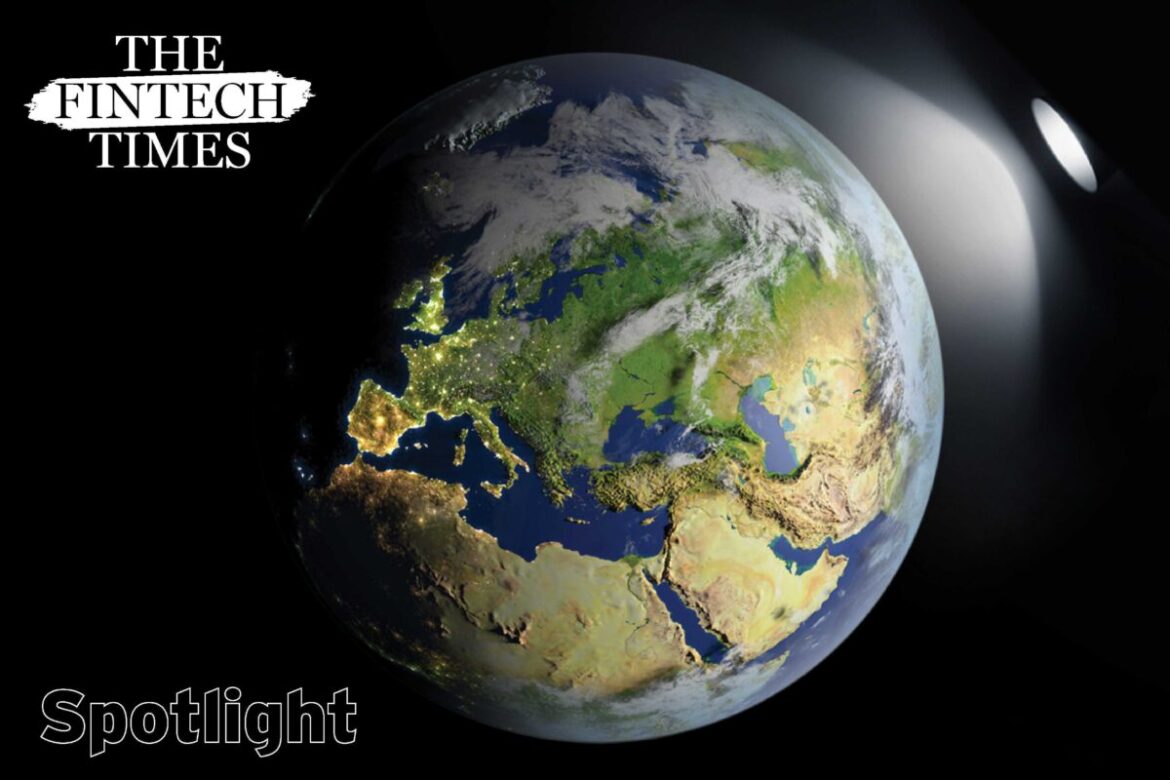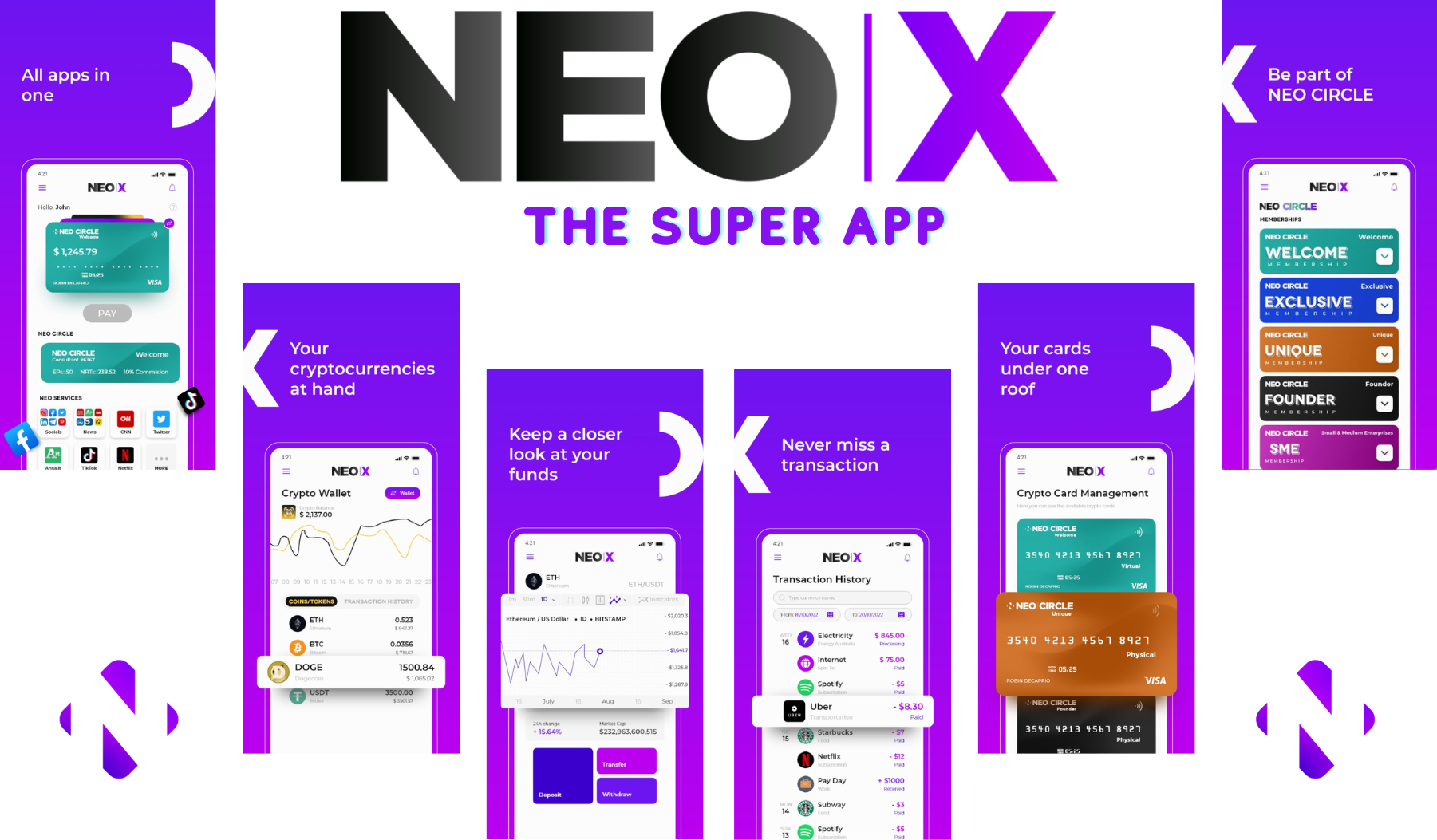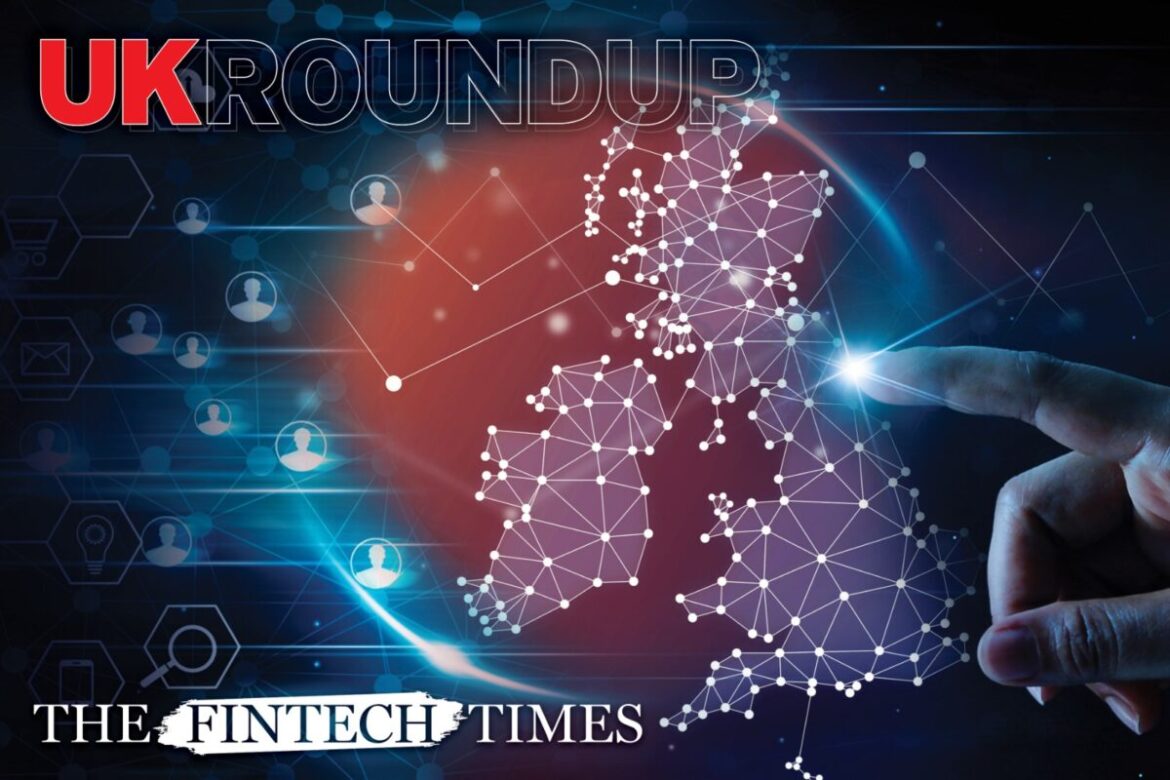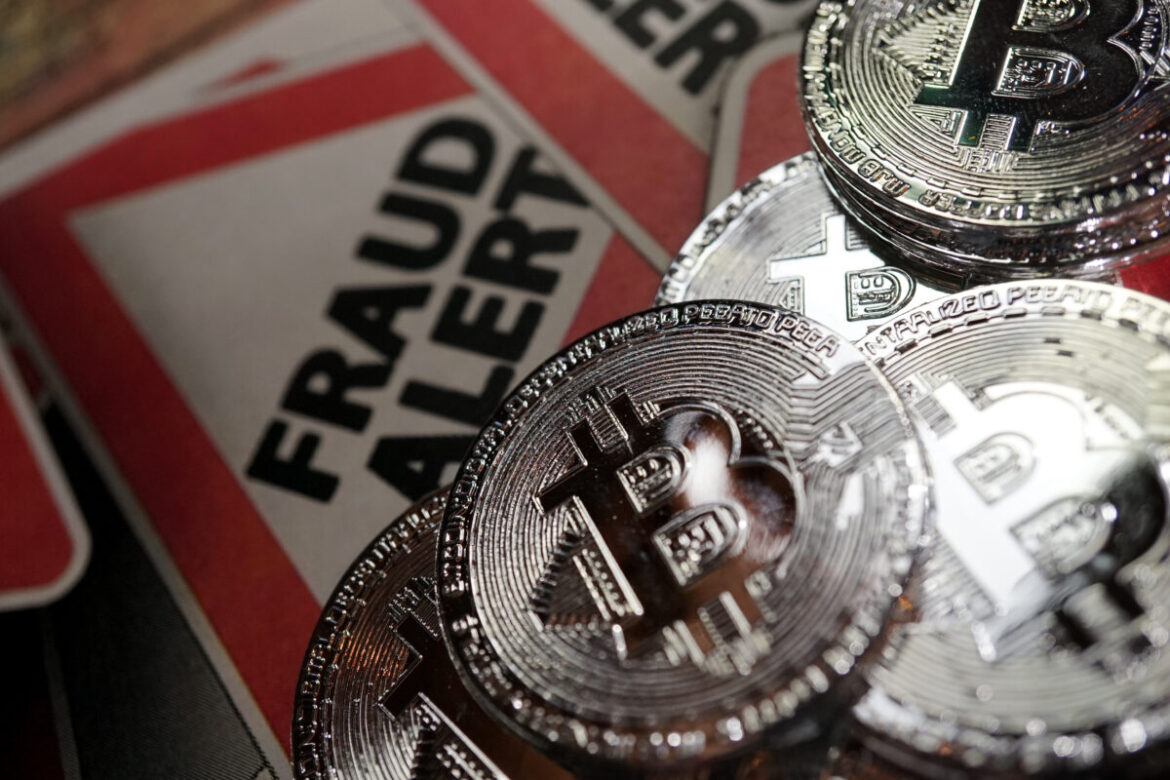[ad_1] As time passes, the potential growth for the metaverse is becoming clearer. Emerging reports and research results show that the growth of the metaverse could explode over the coming decade. Despite this, significant concerns regarding the negative environmental impact of the metaverse remain.In recent time the metaverse has become an increasingly spoken about topic, …
Banks Jump Into the Metaverse but Concerns over Environmental Impact Linger

[ad_1]
As time passes, the potential growth for the metaverse is becoming clearer. Emerging reports and research results show that the growth of the metaverse could explode over the coming decade. Despite this, significant concerns regarding the negative environmental impact of the metaverse remain.
In recent time the metaverse has become an increasingly spoken about topic, whether it be for gaming, working, shopping, socialising and more. Surveys and studies have revealed a large expectation that the metaverse will continue to expand; with more than eight in 10 people believing that the metaverse will play a role in their jobs in the future.

Management consulting firm Arthur D. Little (ADL) has released a new report, The Metaverse, Beyond Fantasy, which outlines the continuing rise of the metaverse. The report attempts to understand and present a realistic image of the metaverse for businesses, with particular focus on the technology that will be necessary to realise the metaverse’s potential.
The report conservatively estimates that the current metaverse market is worth around $50billion. It also outlines possible growth, suggesting that it could potentially reach around $500billion by 2030. This growth appears to have already started, following big moves from Meta announcing its own free Facebook app Horizon Workrooms, a virtual office workspace.
Thomas Kuruvilla, managing partner at ADL in the Middle East, explained the importance of understanding and embracing the metaverse: “In an accelerating shift from the classical web to the metaverse, there are huge opportunities for industries in the digital economy. Businesses should not underestimate the importance and potential of the metaverse; taking steps now to understand the current market and position themselves for the future.”
Could powering the virtual world harm the real-world environment?

As the involvement of world-leading corporations such as Meta, Microsoft, large banks worldwide and more push the vision of a working metaverse much closer to reality; concerns over the potentially negative environmental impact of the virtual world are also very present.
Recently released research, commissioned by digital transformation firm Mobiquity and conducted by Censuswide, not only highlights the extent to which the metaverse is growing and being invested in; but also show growing concerns over the negative impact its implementation may have on a business’s carbon footprint.
The research was conducted among 602 C-suite banking executives worldwide (including 150 banking executives based in the UK). The research found that while 56 per cent of UK banks are actively investing in the metaverse, 67 per cent of UK banks believe that the power required to power the metaverse will have a negative impact on their carbon footprint.
Interestingly, the research results found that, particularly in the US, concerns about the power required to use the metaverse were more present in executives of SMEs than those of larger banks. This appears to be an indication that banks must consider the pros and cons of the metaverse in a world which is becoming more environmentally conscious.
Environmental concerns appear to be taken seriously by a vast majority (94 per cent) of UK banks. These banks are already planning strategies to respond to the damage done to the environment. Furthermore, companies including Amazon and Microsoft are pausing plans to expand their data centres. This move comes due to issues with the power grids that will have to support them.
Could the metaverse spell a solution for climate change?
Despite the fact that powering the technology capable of running the metaverse will be more than required to run current technology, there also appears to be an overwhelming consensus that the metaverse can be used to slow and reduce the impact of climate change. Recent issues with the global energy crisis will mean that banks will need to significantly invest in sustainable energy sources to provide for the use of metaverse technologies.
Mobiquity’s report shows that 100 per cent of banks in the US believe that the metaverse will help customers to eventually engage virtually with banks and therefore lower their carbon footprint due to a vast reduction in travel required. Similarly, 90 per cent of UK banks, 87 per cent of Dutch banks and 91 per cent of Australian banks agreed with this sentiment.
This view is prefaced by the fact that there will eventually be large-scale adoption of the metaverse by the average consumer. Should the metaverse fulfil the potential many believe that it has, it could mean a vast reduction of travel for both the consumer visiting physical bank branches and employees, who will be able to work virtually. If this becomes the case worldwide, the positive benefits of the implementation of the metaverse across industries not limited to banking should far outweigh the impact of the extra energy required to run the new technology.

Jieke Pan, CTO and vice president of engineering at Mobiquity commented on the report: “For the financial services sector, banks worldwide are already looking at how they can apply metaverse technology to the everyday banking function, to provide superior customer experiences and support on a virtual level.
“To maximise the potential of the metaverse, institutions need to think about why they’re using it in the first place, how it applies and ultimately, adds value to their business and customers.
“The only way metaverse technologies in the banking sector are likely to succeed is if they become an essential component of the financial services tech stack. The Cloud, for example, has become the standard host and single source of truth for banks’ CRM and other systems on a global scale. [The] metaverse may never get to that level of maturity, or grow into that type of critical ecosystem but only time will tell.”
[ad_2]
Source link
In a constantly evolving world, where cryptocurrencies, decentralized finance and metaverse are creating new scenarios and opportunities, MY NEO GROUP is your guide in the digital transition.
Our Mission is to give you a pool of strategic assets to be the protagonist and earn together with US in the New Economy.
For more info:
Company – https://www.myneogroup.com
Community – https://www.myneocircle.com
Token NRT – https://www.myneocredit.com
Banca – https://www.bancaneo.org
Super web-app: https://myneodash.com
Mickael Mosse, CEO & Founder of My NEO Group, Forbes interview: https://forbesbaltics.com/en/search/mickael-mosse









